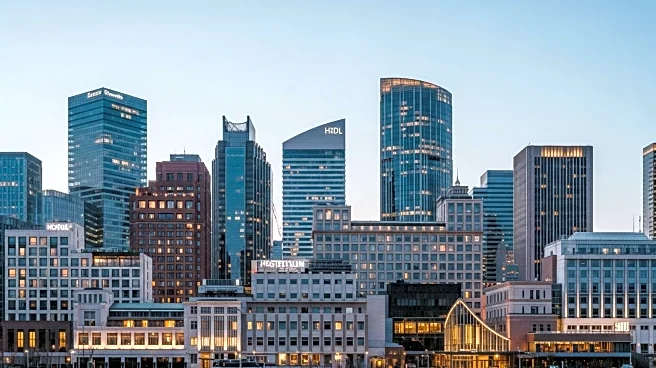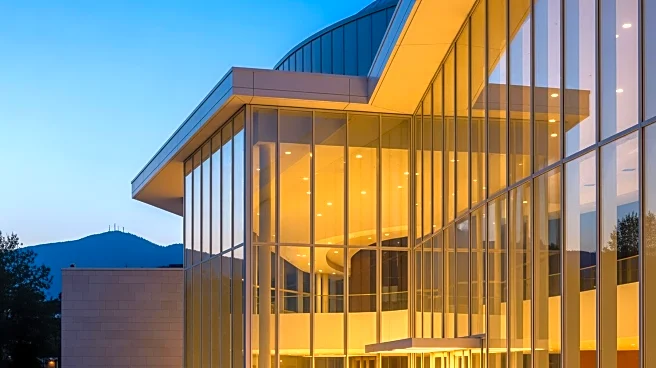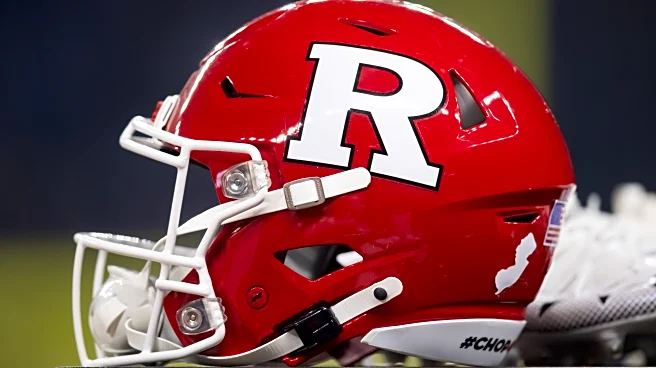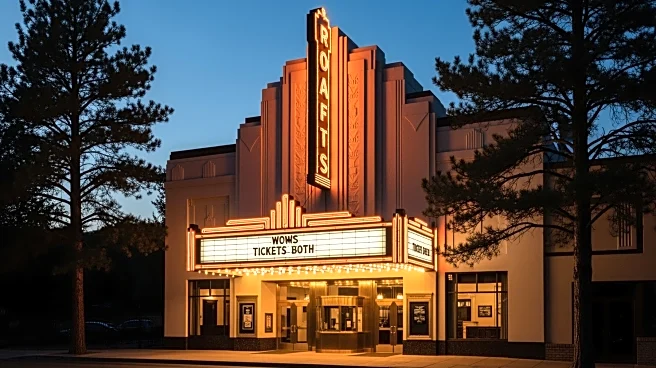What is the story about?
What's Happening?
The hospitality industry is undergoing a significant transformation as it adapts to the changing preferences of modern travelers. The Future Hospitality Summit 2025 in Dubai highlighted the industry's shift towards a multi-typology strategy, which aims to cater to diverse traveler needs by offering flexible accommodation options. This approach includes hotels, serviced apartments, resorts, and branded residences, allowing for both short and long stays. The strategy is designed to accommodate various demographics, including business nomads, leisure explorers, long-stay residents, and multi-generational families. The industry is responding to the demand for choice and flexibility, which has become a baseline expectation among travelers, particularly younger generations like Millennials and Gen Z. These groups are increasingly combining business and leisure travel, seeking community and experience alongside convenience. The multi-typology strategy allows hospitality assets to convert between short- and long-stay formats, enhancing resilience and adaptability in the face of market shifts.
Why It's Important?
The adoption of a multi-typology strategy in the hospitality industry is crucial for maintaining competitiveness and resilience in a rapidly changing market. By offering flexible accommodation options, the industry can better meet the diverse needs of modern travelers, who are less concerned with traditional hotel formats and more focused on how accommodations fit into their lifestyles. This approach not only attracts a wider range of clientele but also strengthens asset resilience by sustaining occupancy during periods of softer demand. Investors are showing increased confidence in mixed-use developments that integrate hospitality, residential, retail, and workspace, as these models hedge against seasonality and macroeconomic shocks. The strategy reflects a broader trend towards adaptability and future-proofing in hospitality investment, ensuring long-term value and relevance in an era of uncertainty.
What's Next?
Looking ahead, the hospitality industry is expected to further embrace adaptability and flexibility in its investment strategies. The focus will be on creating properties that can shift and adapt in real-time to meet the needs of different guests. This vision of hospitality as a reflection of modern travel complexity is likely to drive future investment, as assets that are adaptable and resilient will be more valuable than those bound by rigidity. The industry will continue to explore mixed-use developments and flexible lodging formats, which are attracting premium valuations and investor confidence. As traveler preferences continue to evolve, the hospitality industry will need to remain agile and responsive to maintain its competitive edge.
Beyond the Headlines
The shift towards a multi-typology strategy in the hospitality industry has deeper implications for how travel and living spaces are designed and operated. This approach challenges traditional notions of hospitality by blurring the lines between hotel and home, creating ecosystems where different living and travel typologies converge. It reflects a broader cultural shift towards fluidity and connectivity in lifestyle choices, as travelers seek spaces that mirror the way they live. The strategy also highlights the importance of building ecosystems rather than just assets, emphasizing the need for hospitality to integrate with residential, retail, and workspace environments. This evolution in hospitality design and operation is likely to influence broader trends in urban development and real estate investment.
















